Find the meaning of the words in bold in the dictionary at the end of the document.

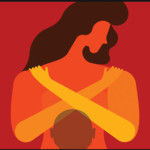
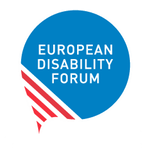

November 24th is an International Day
for the Elimination of Violence against Women.
On the same day, we organised a webinar with
the European Disability Forum.
The webinar is called “Ending violence against women
and girls with disabilities in the European Union“.



Even before COVID-19, women and
girls experienced violence.
Women and girls with disabilities
make 16% of the total population
of women in the European Union
and 60% of the overall population
of 100 million persons with disabilities.



Data show that women are 2 to 5 times more likely
to experience violence than other women and girls.
In the European Union, 34% of women with a
health problem or a disability have experienced
physical or sexual violence by a partner in their lifetime.
Violence includes domestic and institutional violence,
forced sterilisation, contraception and abortion,
and harassment, including sexual harassment.
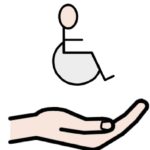
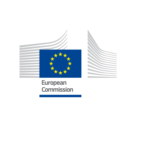

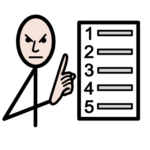
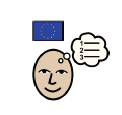
Women and girls with disabilities receive
limited support due to lack of awareness,
accessibility, and reasonable accommodation.
Several policies of the European Commission
have the potential to end violence against
women and girls with disabilities.
Policies are actions or practices
of governments and institutions.
Policies are trying to make the situation better.
Policies can be a set of rules or guidelines
to follow in or to achieve a specific goal.
Policies like the Gender Equality Strategy and
Strategy for Victims’ Rights adopted earlier this year,
and the European Disability Strategy to be adopted in 2021.







